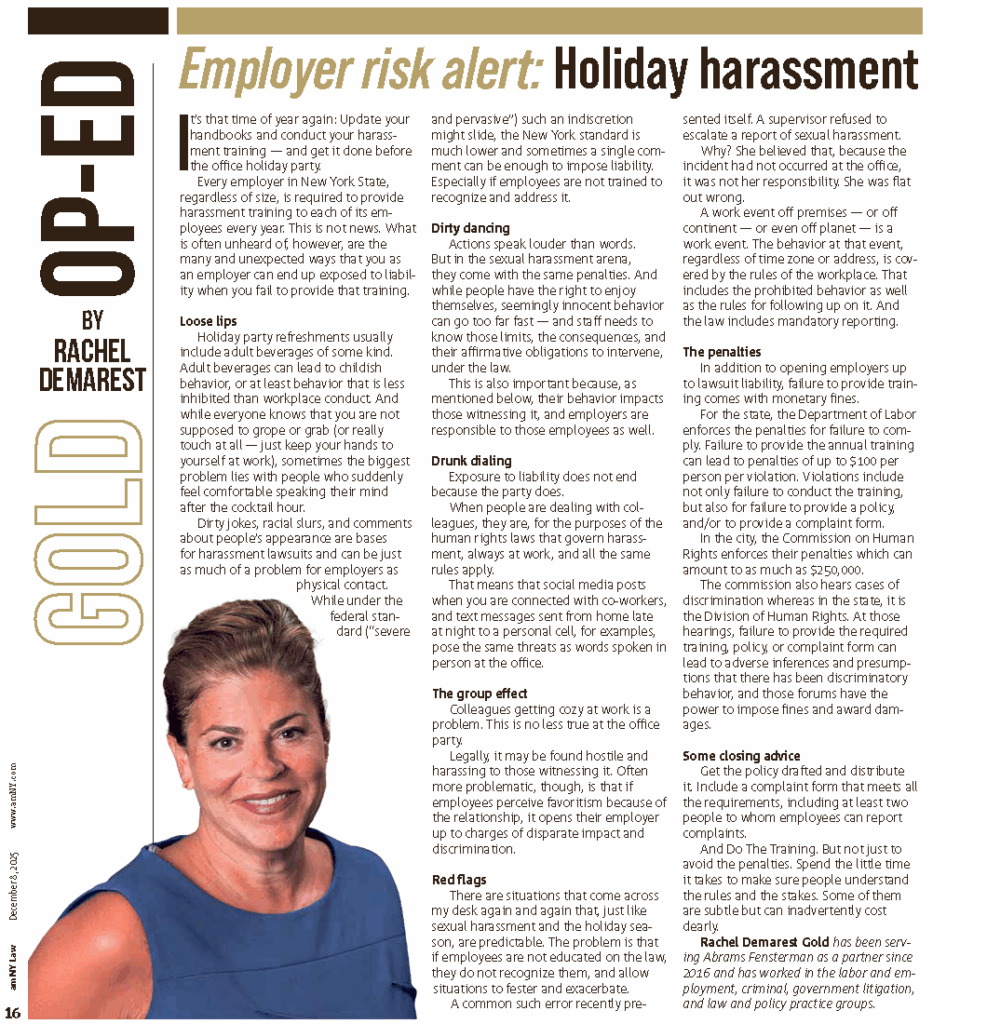Over the past few months, there have been a number of developments of interest within the healthcare industry. We would like to take the opportunity to make you aware of these developments and their potential impact on your professional practice.
CMS URGES PHYSICIANS AND OTHER HEALTH CARE PROVIDERS TO APPLY EARLY FOR NATIONAL PROVIDER IDENTIFIER (NPI)
In a May 25 th press release, CMS urged all health care providers to apply for National Provider Identifiers (NPI) far in advance of the deadline of May 22, 2007. The NPI, a10-digit numeric identifier that does not expire or change, must be used in all standard health care transactions, as specified by the Health Insurance Portability and Accountability Act of 1996 (HIPAA), no later than May 23, 2007. The NPI helps to ensure that medical claims are processed on time and payments are made correctly. The Medicare fee-for-service program began accepting the NPI from health care providers as of January 2006.
The NPI can be obtained in one of three ways:
- Apply online (https://NPPES.cms.hhs.gov);
- Call the NPI Enumerator and request a paper NPI application form, complete it, and mail it back to the address on the form; or
- Apply for a bulk enumeration, which allows an Electronic File Interchange Organization (EFIO) approved by CMS to obtain a number of providers’ NPIs.f
To read the CMS press release, visit:
For more details about the NPI, visit: http://www.cms.hhs.gov/.
Additionally, the American Academy of Family Physicians has published “Frequently Asked Questions” regarding the NPI.
SUPREME COURT RULING PROVIDES GREATER PROTECTION TO EMPLOYEES AGAINST RETALIATION IN WORKPLACE
In a 9-to-0 decision dated June 22 nd, in the case of Burlington Northern & Santa Fe Railway Co. v. White, the U.S. Supreme Court adopted a broad and employee-friendly definition of the type of retaliation that is prohibited by the federal law against discrimination in employment, resulting in enhanced legal protection for employees who complain about discrimination or harassment (e.g., sexual harassment). The law, Title VII of the Civil Rights Act of 1964, which prohibits employment discrimination as well as retaliation against employees who allege discrimination, does not define the term “retaliation”. The Court sought to remedy this issue.
In its decision, the Court stated that to prove retaliation, “[A] plaintiff must show that a reasonable employee would have found the challenged action materially adverse” (emphasis added). In other words, the challenged action might have “dissuaded a reasonable worker from making or supporting a charge of discrimination”. Depending largely on the circumstances and expectations of employment, including but not limited to, the type of profession and work environment, retaliation might now be deemed to include a work schedule change, exclusion from workplace activities, or an action that may hinder professional advancement (e.g., an unfavorable evaluation). The Court’s decision in this case upheld a finding of retaliation by a railroad company against a female maintenance worker who was transferred to less desirable duties, and eventually suspended without pay, after she complained about sexual harassment. Whereas it has previously been difficult for an employee to succeed in a retaliation case against an employer, the standard adopted by the Supreme Court in its recent decision may improve the likelihood of success in asserting a cause of action for retaliation.
FDA JOINS IN CAMPAIGN TO REDUCE MEDICATION ERRORS CAUSED BY UNCLEAR MEDICAL ABBREVIATIONS
In a June 14 th press release, the U.S. Food and Drug Administration (FDA) and the Institute for Safe Medication Practices (ISMP) announced a joint health professional education campaign aimed at reducing medication mistakes caused by the use of unclear medical abbreviations.
The ISMP President, Michael Cohen, also recommends that health care professionals review ISMP’s list of abbreviations, symbols and dose designations most often associated with medication errors.
* * *
For more information on any of the issues identified above, please call any of the attorneys in our firm’s health care department.





